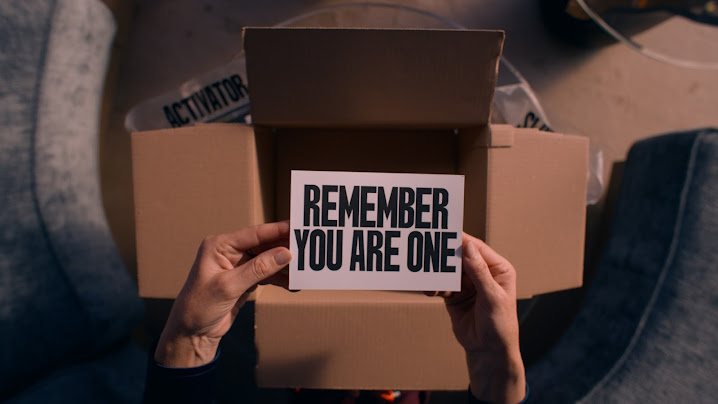Well, that was some kind of experience. I can't say I loved it, but it certainly left an impression. This second feature from French writer/director, Coralie Fargeat, is a sci-fi, slash satirical black comedy, slash body-horror, and it's quite heavy on the slash. I'm usually not squeamish but part way through, I realised I'd probably had one too many peanut M&Ms. I'd say it was the most uncomfortable viewing experience since.....hmm, You Won't Be Alone or....Triangle of Sadness maybe (for the orgy of vomit)....and I'll throw in Ichi the Killer as well. These were the reactions of the people I saw The Substance with: Tap - Fantastic; Merv - Fucking boring; Yoshi - won't recommend it to others. And the funny thing is, all of them have a point.
Demi Moore plays Elizabeth Sparkle, a faded Hollywood star who has had to resort to doing an 80s style exercise TV show, run by the cartoonish misogynist Harvey (Dennis Quaid). After getting the arse from the show due to her age, she decides to take a chance on a process called The Substance. This formula promises a younger version of you, but there's a catch - you have to timeshare yourself, one week on, one week off, like a bipolar FIFO worker.
The scene of Elizabeth's initial....metamorphosis is horrific but electric, and the introduction of Margaret Qualley's Sue here is one of the great modern film entrances. At this point in proceedings, the voyeurism is off the charts but I guess that's Fargeat's intention - to revert the male gaze by seeing 'fresh' Sue through the eyes of 'stale' Elizabeth, as an ideal, a better her. Not for a man's sake, but for herself. And who wouldn't want to go back to their younger physical form?
The expected issue arise soon enough - Sue auditions for, and gets the position left vacant by Elizabeth (but can only work every second week, of course). When Elizabeth is conscious, she impatiently sits around the apartment, pigging out and watching TV. Then she 'resurrects' Sue, who goes to work establishing herself as the TV station's bright young thing. And so on, until Sue decides she needs more time than one week on. A little prohibited extension causes some...er...side effects in Elizabeth, who is repeatedly told to be responsible when she calls the dodgy Substance provider. Remember You Are One. Needless to say, things begin to get messier and messier.
So there are lots of influences scattered through the film. It begins with some Kubrick sets (long carpeted corridors from the 70s), borrows a bit from master Cronenberg, and finally goes all Lovecraftian, particularly Nic Cage's odd Color Out of Space. It's a psychological minefield, especially with the 'one person, two iterations' conceit - see the double yolk at the start. The two women (one woman?) are constantly having showers, perhaps trying to cleanse themselves of their constant mistakes. And I'm not really even sure if Sue is a clone, or if she shares Elizabeth's memories, or even if she's more like a child fully grown.
As far as performances go, Demi Moore is getting a lot of good press for this role, and admittedly, she's taken a risk but I'm not convinced of her talent, never really have been. She come across as vulnerable in the first act but increasingly overcooks it as the film goes on. Margaret Qualley is great though, her CV is becoming really impressive. In short, I thought The Substance started well, but drifted madly to its extreme conclusion. Admittedly, I'd had enough when Sue started getting violent, and I'd say it was around this point that Fargeat began to clutch at a focussed climax. Sadly, I don't think it came together, but other opinions are available.
The Substance opens at the Luna and Palace cinemas from Sep 19th.
See also:
David Cronenberg's Existenz (1999) is similarly visceral and Stanley Kubrick's The Shining (1980) shares design and the 'double' theme with this film.
SPOILERS IN POD!!



Comments
Post a Comment